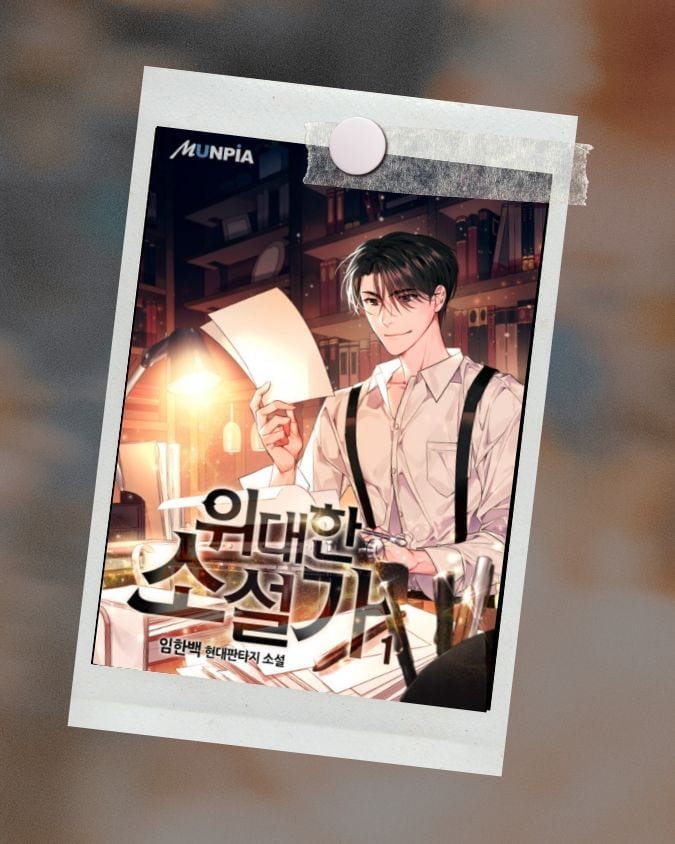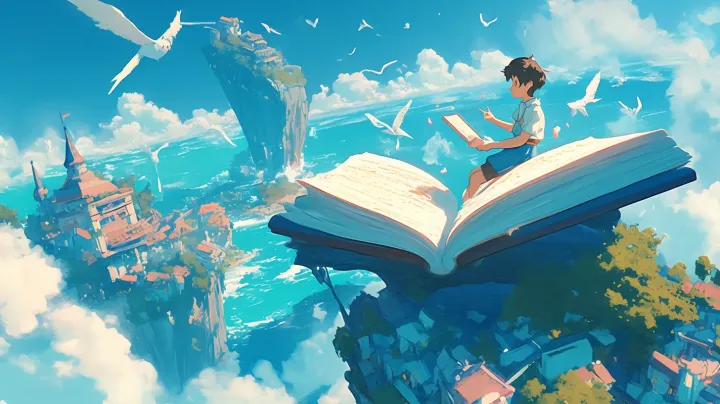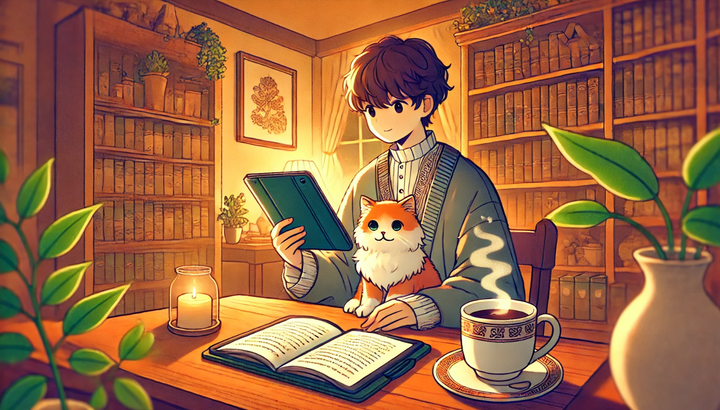What happens when an author gets a second chance at life?
A story that explores how a book is brought into the world.

What Happens When An Author Gets A Second Chance at Life?
‘The Great Storyteller’ explores this, while taking us through the world of someone who writes.
Not everyone who writes is an author. An author pours their emotions and observations into their craft. However, they do this while trying to make their characters believable. Indeed, not everyone succeeds in doing that. However, the fact that they did it is more respectable than someone who has never tried it.
As someone obsessed with reading, sometimes I’m not too fond of certain tropes or even books because they could have done much better, been a lot better or explored a completely different angle. However, it still is not in my hands where I can take the characters. It is in the author’s hands. The authors, however, have a different perspective. Very few works bridge this gap in how the authors perceive their stories; some are memoirs, while others creatively approach this.
Like every author has their unique writing style, every author has different ways to express their processes. The story that we’re discussing today is one such creative attempt.
In “The Great Storyteller”, we join an author who has faced a lifetime of failure. What’s this failure? No one reads his works. To be precise, we meet him when he gets a second shot at his life. We explore his writing process and join him as he slowly meets other authors and observes their workspaces. If you were ever interested in knowing these things, I’d recommend you give this story a shot. With this said, as a reader, I still have some pet peeves.
We follow Woo Ju-ho, an older man who regressed to his teenage life. Specifically on the day his first book was published. Remembering all the previous incidents, he now decides to hide himself behind his pen name, Woo Yun (“Woo Yun” or “우연” means “coincidence”). Now, with a fresh start, he still does the only thing he knows to do. Write. As the story progresses, we meet different characters, some due to weird coincidences, while others naturally. As a story about writing, most of the characters we meet are classified into authors, aspiring authors and readers.
As for the characters, I am happy with how they are written. Each character is decently fleshed out, each with unique hobbies and preferences. Some want to be a reader, while others consider reading and writing a hobby.
We meet many authors; some failed, some successful, but ultimately, an author. We are shown the things they observe, how they prefer their workspace, how they approach writing their books, etc. We also see the publication side of things; however, this is not as fleshed out. In reality, getting your work published is the hardest thing; however, following a “genius” author, we don’t usually see the struggles here. While doing all this, the main story doesn’t forget that this is the story of Woo Ju-ho and not a collection of writing methods and preferences.
Starting from the accidental fame of his first novel, followed by the failures of a lifetime, Ju-ho finds it hard to accept his new label of genius. The main conflict is around how his works fail to present his interpretations and are perceived differently by the readers. I believe this is one of the strong areas of the story, but one that is poorly explored. The main conflict is not understandably established until the end, making the long novel feel unnecessary.
Being an old man, he is usually nonchalant about day-to-day stuff. Adding to this is his writing process of pouring all his emotions into his works; his usual interactions feel bland. This point is hammered to the reader, as everyone who interacts with him questions the disconnect between Ju-ho’s age and wisdom.
Being a Korean web novel, it has its fantastical elements. Despite starting grounded, the scale of the story drastically escalates as it progresses. By the story’s second half, our main character is a once-in-a-millennium prolific writer who has only ever published internationally successful books. Ju-ho gets a cheat skill with his regression package that removes his language barriers and makes him proficient in all languages.
This skill makes Ju-ho the “best translator” in the world. Of course, this is only used to project how the translation of a book works and what’s important while doing so, but it could have been done with a different character instead of using Ju-ho himself.
There is also a repetitive pattern in each arc. Ju-ho publishes a book, meets an author, lives his life, finishes a book, gets praised by the authors (old and new), rinse and repeat. Some side characters are introduced for a few challenges, but these are left unanswered by the end.
Overall, this is recommended for those who want to have a good and light experience. The story explores internal conflicts more than external ones and presents different processes involved in getting a book into the world. It’s not the best web novel out there, but it is one of the good ones. Irrespective of the plot, this would certainly impact how you see books as a reader.
With this, I wrap up my review of The Great Storyteller. I hope you enjoyed this and found something to add to your reading list. I will keep exploring more stories and sharing them with you. So make sure to follow The Story Taste. Thanks for staying till the end. Until next time — happy reading. ✌️


